- Str. Mihail Kogălniceanu nr. 1 Cluj-Napoca, România
- Tel: 0040-264-405300
- Fax: +40-264-405326
The technological evolutions from the 21st century have changed the landscape of global intelligence, security and the relations between them. In contemporary societies, the states develop new ways to oversight the activities and dynamics of communities to maintain national security. Although the oversight is often justified by the idea of creating a safe environment, individuals that are extensively exposed to these practices have gradually become suspicious regarding the real motivations of state surveillance and to the importance of intelligence activities. Many questions such as the following remain unanswered: How do states ensure national security? What are the main challenges to security? To what extent is surveillance reliable and trustworthy? Do we lose privacy for the sake of security? What are the purposes of intelligence agencies? What are the consequences of reliable intelligence? Even though in some cases governments misuse surveillance, it is important to differentiate between such incidents, conspiracies and instances in which security is ensured though such tools.
This summer school seeks to answer some of these questions and to provide students with an overview about the current developments in intelligence and security in contemporary times. The courses follow a student-centered approach and will discuss in detail the functioning of intelligence and security, their relationship with democracy, issues related to online and offline forms of security. The summer school will combine several theoretical approaches (made available to students in the reading package) with empirical perspectives in every course, including real-life examples. The sessions are divided in five days of teaching that include topics such as terrorism and counter-terrorism, state institutions and security, sources of intelligence, citizens’ understanding of security and intelligence. Students will be encouraged to actively participate in a series of applied exercises that will foster their understanding of the topics. The summer school also includes several social and cultural activities for all participants.
Target audience: The summer school is open to BA, MA and MSc students from Political Science, Sociology, European Studies, International Relations or related areas. The summer school is designed for 25 participants.
Venue and costs: The summer school will take place at Babes-Bolyai University Cluj (Romania). Thanks to the support of the Erasmus program, there is no participation fee. Train or bus travel to and from Cluj is covered. The participants will receive a stipend from the Erasmus program to cover their accommodation and meals in Cluj.
How to apply: Interested applicants should fill in the application form no later than 30 April 2022.
